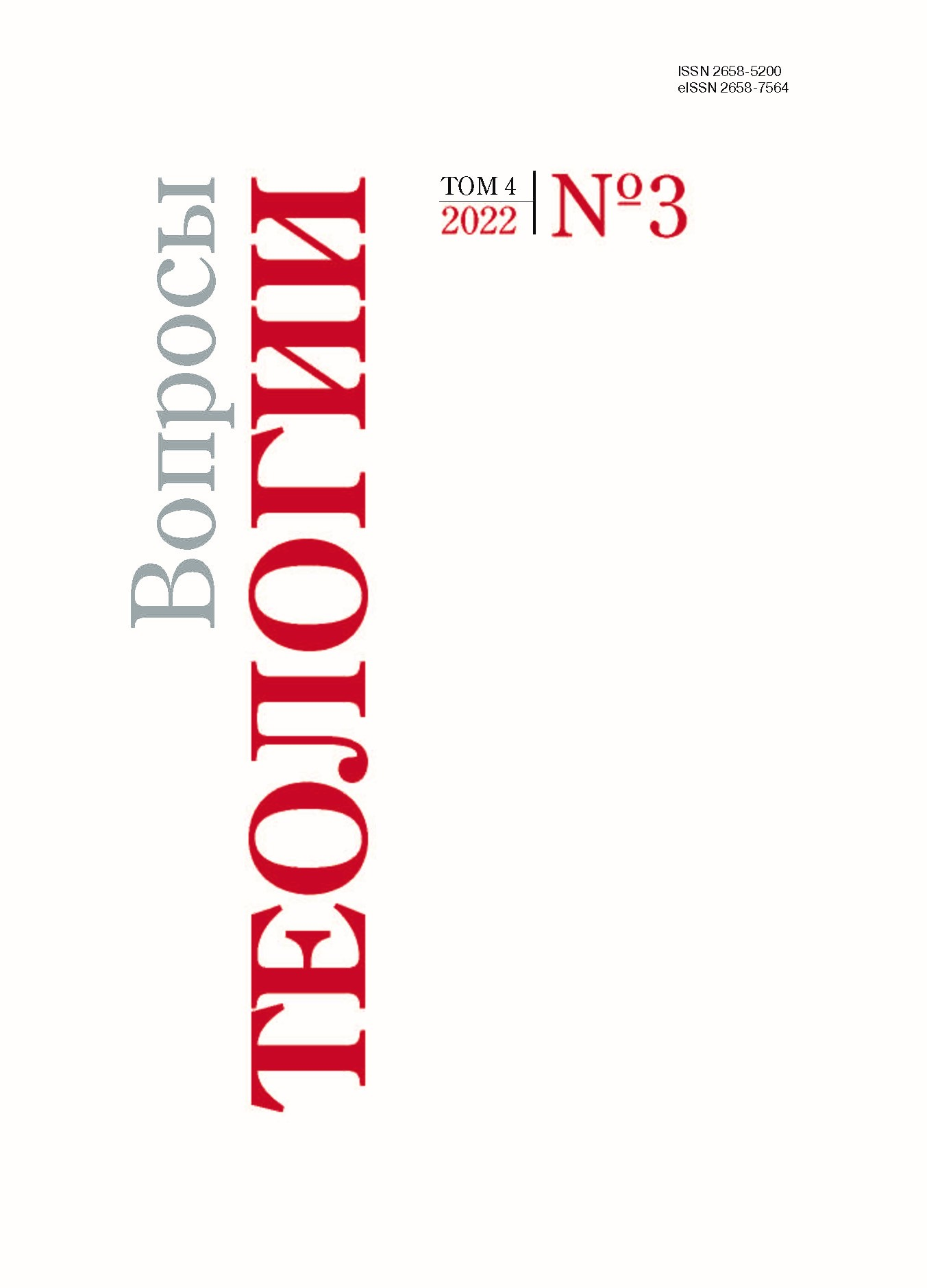Features of Islamic inheritance law in the theological context
DOI:
https://doi.org/10.21638/spbu28.2022.307Abstract
This article analyzes the features of the institute of Muslim inheritance law, determining the importance of this branch in the Muslim legal system. The purpose of this article, which introduces little-researched material, is to give a general analysis of the uniqueness of Muslim inheritance law, taking into account all life situations and nuances of inheritance in Islam. As a result of the study, the following main characteristics of the inheritance law under study were identified: compliance with human nature; impartiality in the distribution of the shares of heirs; guarantee of the rights of the testator and heirs; granting the right to private property in full; taking into account the financial burden when determining the shares of inheritance; maintaining a balance in determining the shares of heirs between the degree of kinship of the heir, his significance in relation to the deceased and the need for financial support. All these aspects expressed in the Institute of Islamic inheritance law give it uniqueness, confirm its adaptability to all socio-economic conditions of society in comparison with other systems, and prove that this is not a fruit of human thought, but a divine law guaranteeing the rights of everyone in full, without omissions and extremes, taking into account all aspects and life situations that do not have mistakes and shortcomings, which is beyond the power of human thought.
Keywords:
Islam, inheritance, Muslim law, will, heirs, Sharia
Downloads
References
References
Downloads
Published
Issue
Section
License
Articles of "Issues of Theology" are open access distributed under the terms of the License Agreement with Saint Petersburg State University, which permits to the authors unrestricted distribution and self-archiving free of charge.




